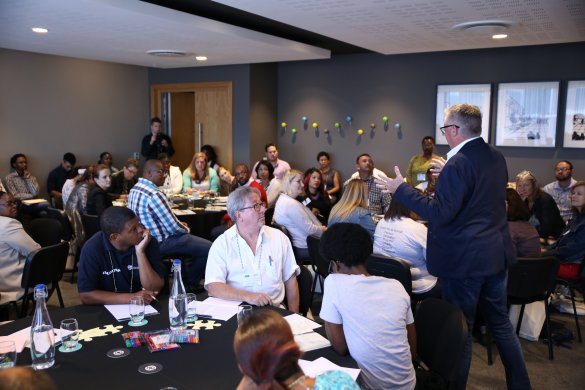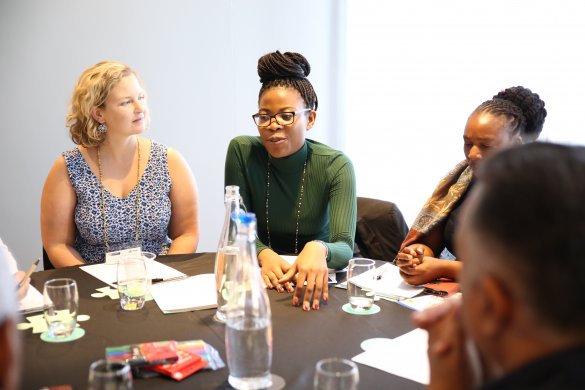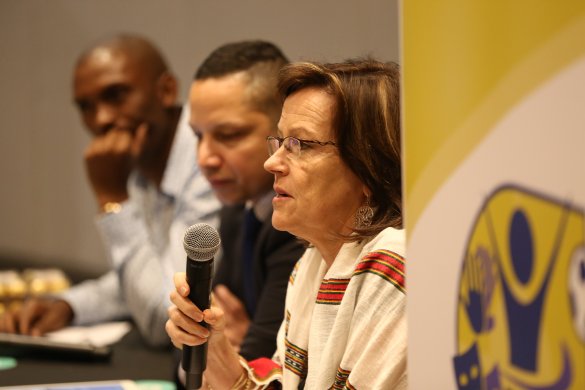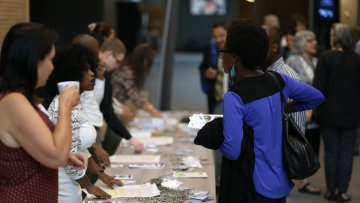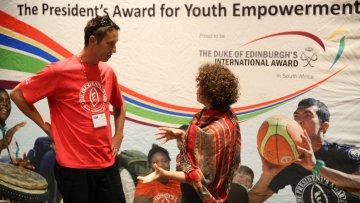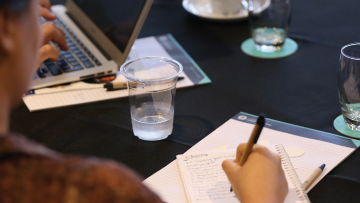After School Community of Practice
NGO Community of Practice: Learning Briefs
The Learning Trust, in partnership with the Western Cape Government, holds three Community of Practice events a year. These events are aimed at connecting stakeholders and improving overall coordination and impact of the extended education sector. For more information on the COPs and to join the next event please contact The Learning Trust at info@thelearningtrust.org.
|
Five learning briefs were created to consolidate the discussions emerging from the inspiring two-day event.
Learning Brief 1: The Why of After School Programmes
Expanding access to quality After School Programmes is one of the Western Cape Government's six Game Changer projects. By 2019, the goal is to get 112 000 learners in no- and low- schools regularly attending quality, comprehensive After School Programmes.
Learning Brief 2: The 4 pillars of After School Programmes
After School Programmes are conceptualised as being supported by four central pillars. These are academic and eLearning, sport and recreation, arts and culture, and life skills.
Learning Brief 3: Monitoring and Evaluation
It is important to understand that quality in an After School programme must track the positive impact that they have on learner's educational and personal outcomes.
Learning Brief 4: Innovations in After School Programmes
Many organisations already have creative an innovative ways of dealing with a range of challenges. These involve keeping learners incentivised to participate in programmes, getting parental buy-in and support for After School Programmes, making learning fun, and working with learners who come from difficult circumstances.
Learning Brief 5: After School Game Changer
Map community resources and use after school programmes to bring into the school, including parents. Use opportunities provided by the after school sector to empower the broader community/create champions for the after school space. Use after school practitioners and others to market after school programming in communities.

